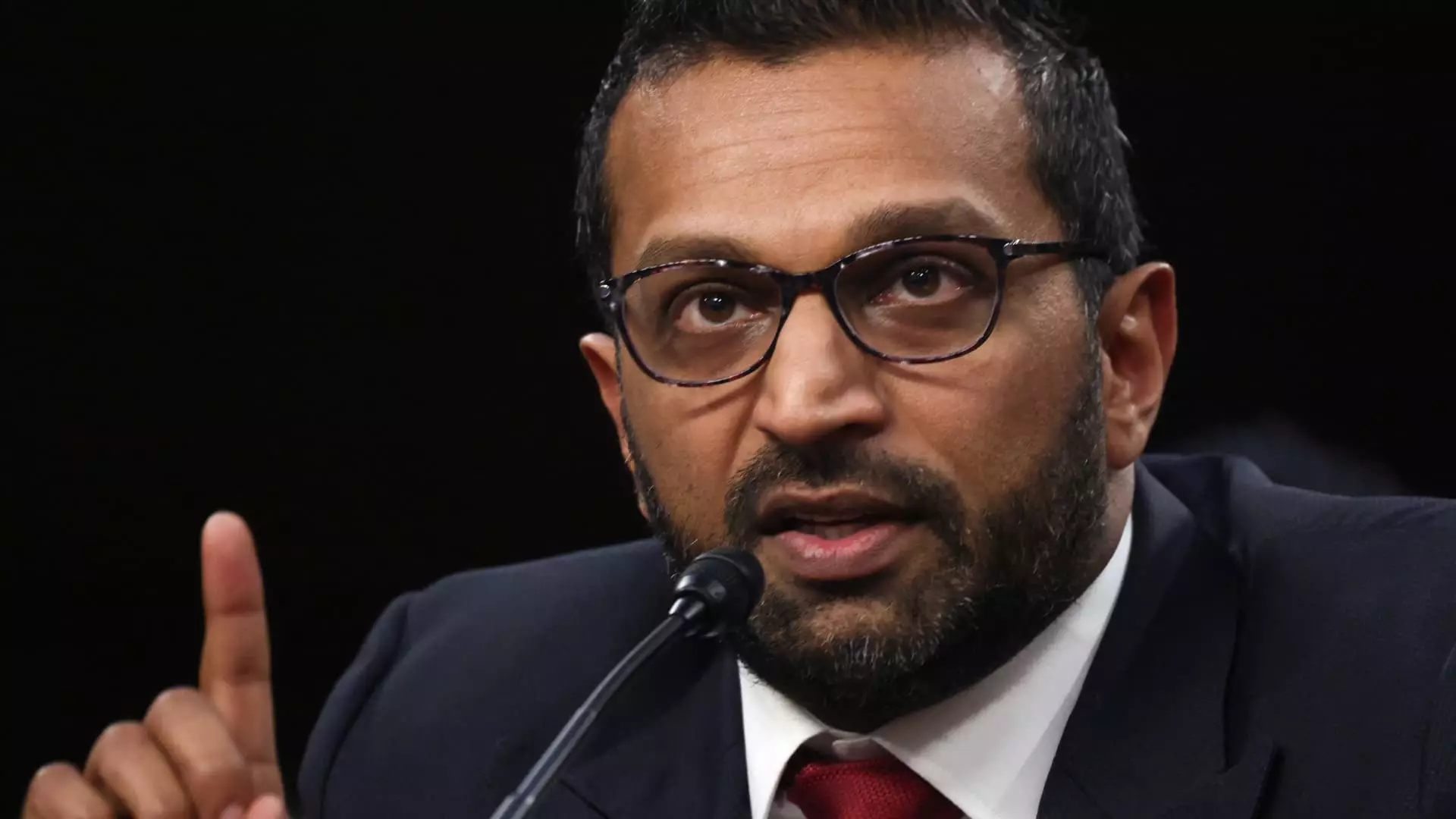The Justice Department’s recent announcement regarding Kash Patel’s ascension to the acting head of the Bureau of Alcohol, Tobacco, Firearms and Explosives (ATF) raises eyebrows and ignites debate over gun regulation in the United States. Following his swearing-in as FBI director, Patel is set to oversee two of the most prominent agencies within the Justice Department, showcasing a unique and unprecedented arrangement. This dual role is significant, particularly given the intense scrutiny both agencies have faced, especially regarding their workings surrounding gun control measures.
The ATF is charged with enforcing federal laws related to firearms, explosives, and arson, making it a critical component in the government’s regulatory framework governing gun sales and ownership. The agency consists of approximately 5,500 employees dedicated to various functions, including licensing federal firearm dealers, tracing weapons used in crimes, and conducting analytical work related to shooting incidents. With gun violence continuing to be a pressing issue in American society, the ATF’s role becomes increasingly pivotal as it grapples with rising political pressures and divisive public opinion surrounding gun control.
Political Implications and Controversy
Patel, a staunch ally of former President Donald Trump, comes into this role amidst a whirlwind of political emotions and maneuvers. His selection has been perceived by many as controversial, particularly among conservatives who have long criticized the ATF for its rigorous enforcement of gun laws. Recent actions, like the termination of chief counsel Pamela Hicks, who was seen as a target of conservative ire for allegedly targeting gun owners, further illuminate the fractious terrain that Patel will navigate as he steps into this dual leadership role.
The implications of Patel’s appointment extend beyond the immediate governance of the ATF; they echo broader themes of partisan conflict within American politics. The ATF has been in the crosshairs for years, with many on the right advocating for its dissolution due to its regulatory functions related to firearms. As Patel assumes control, he is expected to remain aligned with pro-gun rights sentiments, which could lead to significant changes in how the agency operates.
Under the Biden administration, the ATF has sought to implement regulations aimed at controlling ghost guns and mandating background checks for firearm purchases at gun shows. Such measures have triggered strong opposition from gun rights advocates, which the new leadership will have to counter. Perhaps even more critical will be Patel’s capacity to balance regulatory needs with the ideological leanings of the administration he represents.
How Patel approaches these reforms may set the tone for the future of gun regulation in America. The recent criticism from organizations like the Brady Campaign for Gun Violence Prevention showcases the apprehension prevalent among gun safety advocates at the prospect of a “gun rights extremist” at the helm of such a crucial agency. To many, Patel’s leadership symbolizes a larger struggle over the ongoing debate surrounding the Second Amendment, especially amidst shifting public opinions on gun violence and ownership.
The appointment of Kash Patel as the acting leader of the ATF alongside his position as the FBI director signifies a complex interplay of law enforcement and politics in the United States, one that will undoubtedly have profound implications on future firearm regulations. As both agencies face challenges from differing political factions, observers will be keen to witness how Patel navigates these turbulent waters. His leadership could either bridge a deeply divided discourse around gun control or amplify the existing tensions that characterize it.
Patel’s role is not just a bureaucratic appointment; it could potentially reshape the regulatory landscape concerning firearms in America, impacting countless lives and the nation’s approach to gun violence for years to come.


Leave a Reply